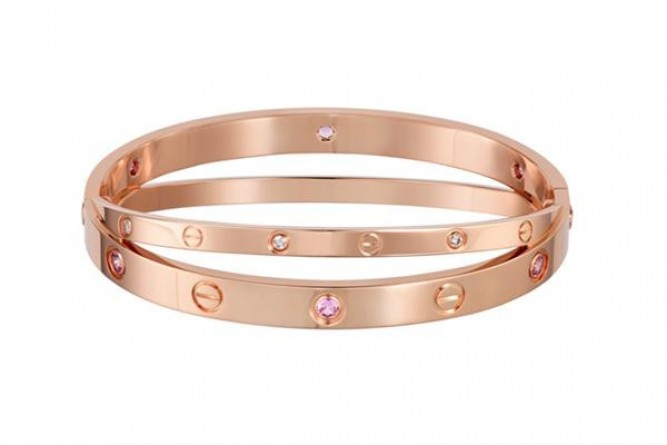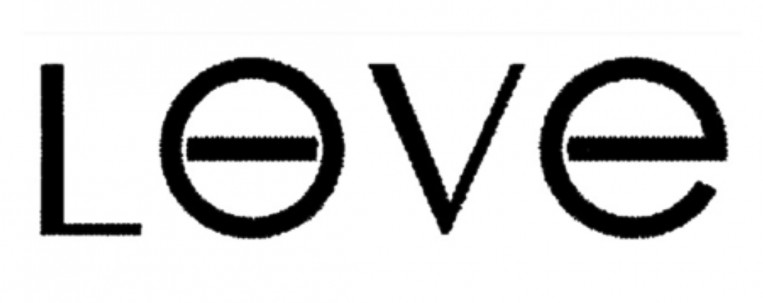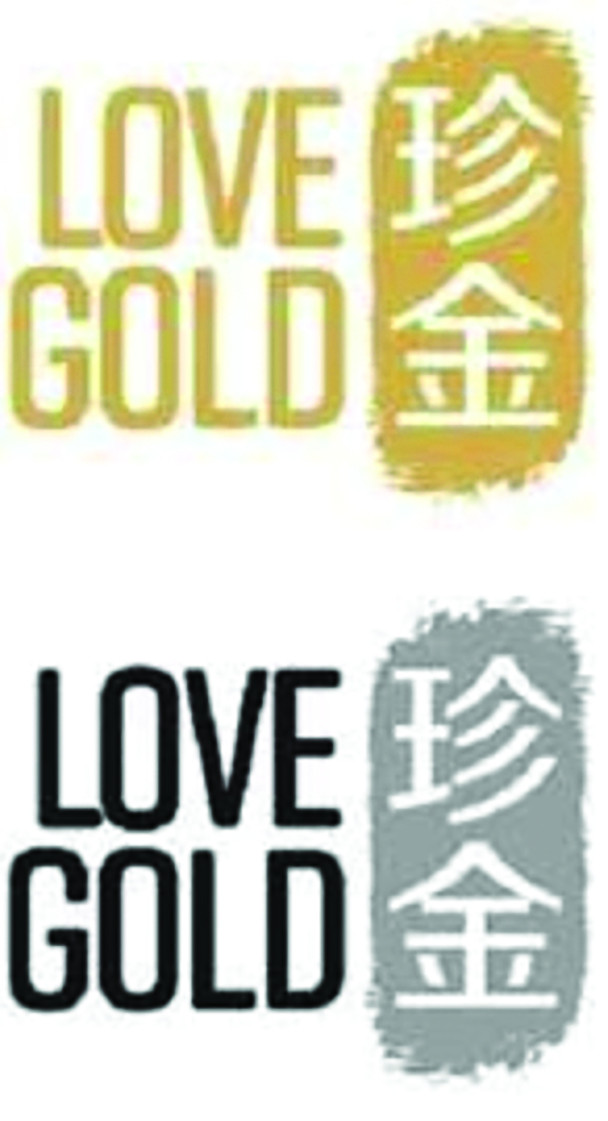Cartier fails to monopolize 'LOVE'
28 February 2019

The Cartier trademark, top, and the designs shown on a pink gold Cartier bracelet, was deemed to not be protected from registration in Singapore of a Love Gold trademark by MoneyMax. Image courtesy Cartier.
Despite Cartier’s opposition, Singapore allowed a leading pawnbroking chain with shops across Singapore and Malaysia to register its Love Gold trademark.

According to The Straits Times, Mark Lim, principal assistant registrar of trademarks at the Intellectual Property Office of Singapore, cleared MoneyMax Jewellery’s bid to register its trademark Love Gold under the
Trade Marks Act because “a (love) bracelet may represent a metaphorical shackle of a person’s loved one.”
“The word ‘love,’ however, should be free for traders to incorporate into their trademarks for jewellery,” added Lim.
In 2017, MoneyMax applied to register its Love Gold mark under the act’s Class 14 for jewellery and Class 35 for retail and other services relating to jewellery.

On the other side of the dispute, Cartier International, part of a leading global luxury goods holding company Richemont, relying on the earlier registration of its stylized Love mark in Class 14 goods. Items in which the mark is used include cufflinks, rings and brooches.
In Cartier’s trademarked use of the word love, the letter o is replaced with the device of a slotted screwhead and the letter e is in lower case, unlike the other letters in the word.
Designed in 1969, Cartier’s love bracelet is only removable through its own screwdriver.
On behalf of Cartier, Sukumar Karuppiah, a partner at Ravindran Associates, said that MoneyMax’s registration should be denied on the grounds of mark similarity.
Aaron Thng, a senior legal associate at Amica Law who represented MoneyMax, disagreed.
Lim finally held that the marks were not similar because he saw the distinctiveness in Cartier’s use of the word love was in the screwhead device for o and possibly the use of the small letter e. Neither of these elements, though, was present in the MoneyMax mark.
Lim also recognized the distinctiveness of MoneyMax’s two Chinese characters which are enclosed in a rectangular device with the words love and gold.
Many companies have also included the word love in their trademarks, so the word love by itself, IP-wise, is not that special.
Lim supported his reasoning by referring to the High Court case Love & Co v. The Carat Club in which Justice Chan Seng Onn invalidated The Carat Club’s registration of the plain word love for jewellery, precious stones and metals under Class 14 of the Trade Marks Act.
“No trader should be permitted to monopolize the word love, whose use is ubiquitous in the jewellery trade,” said Chan.
Johnny Chan






